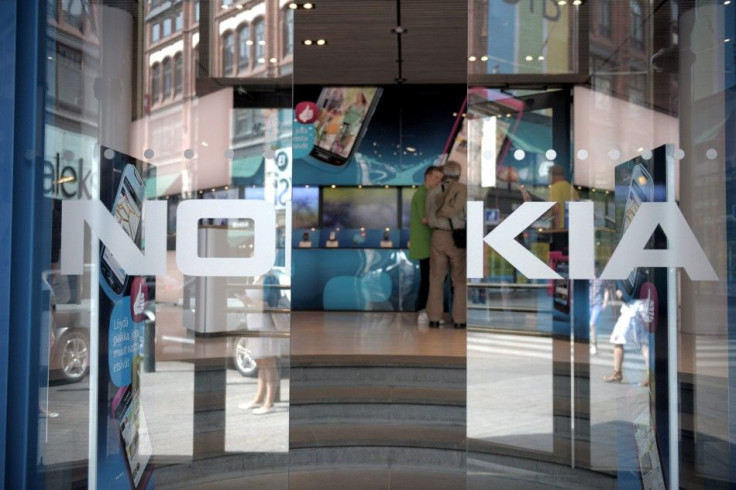Google-Motorola Deal: What Does It Mean for Nokia?

Google's $12.5 billion purchase of Motorola Mobility Holdings probably will not lead Microsoft to respond by buying Nokia, an industry analyst says.
"This action is something more akin to the specific needs of Google (Android) and other new platform entrants to mobile than it is necessarily for Microsoft/Nokia," said Lee Simpson, an analyst at Jefferies.
Simpson said Google needs to protect its handset original equipment manufacturer (OEM) partners from any Apple Inc. patent wrangles -- to negate their sizeable smartphone app patent portfolio. As a result, Google has targeted Motorola's strong wireless portfolio as a significant counter-measure.
Simpson sees no need for Microsoft to make a bid for Nokia. He noted that Microsoft is remarkably well-covered against other operating systems, particularly those with Linux kernels (e.g. MeeGo, Android), and there has been considerable sharing of patent rights between Microsoft and Nokia already as part of the smartphone agreement reached in February.
If the latter includes wireless patents from Nokia, which Simpson thinks likely, he believes this precludes the need for Microsoft to bid for Nokia. As previously noted, he sees precious few other buyers for Nokia given the strategic hold that Microsoft has over Nokia.
Simpson said Nokia could garner $2.2 billion in royalties from Apple over the next four to five years. Nokia's intellectual property patents, mainly for hardware, may yet prove very valuable in the future. Nokia has been roundly incapable of using these in the past -- Microsoft may now be more adept.
A lot of Nokia's intellectual property rights, however, have been transferred to Renesas in the last year already (e.g. silicon modems). Suggestions that Nokia can gain up to 1 percent to 2 percent of the global handset industry spending, about $100 billion, as royalties appear unlikely now but are possible one day.
Certainly the appetite for patent disputes has increased within handsets. The use of Nokia's patent portfolio is likely to continue, although it's unlikely to be 400 million-plus euros each quarter, Simpson said.
"That said, we see Nokia stand to gain IPR payouts from Apple alone of about $2.2 billion over the next four to five years. That, together with a 1 billion euros research and development saving program (by 2013), offers medium-term hope if little impact this year," said Simpson.
Nokia is amidst a major transition complete with board changes, a likely exit from Finland and a desperate, non-exclusive OS collaboration with Microsoft.
Simpson said a full admission by Nokia of past failures is one thing but much remains uncertain, chiefly how much control Nokia retains over its own destiny and how it can hold its market-leading share in handsets. It may be 2013 at the earliest before he sees Nokia adopt Android, if ever.
© Copyright IBTimes 2024. All rights reserved.











